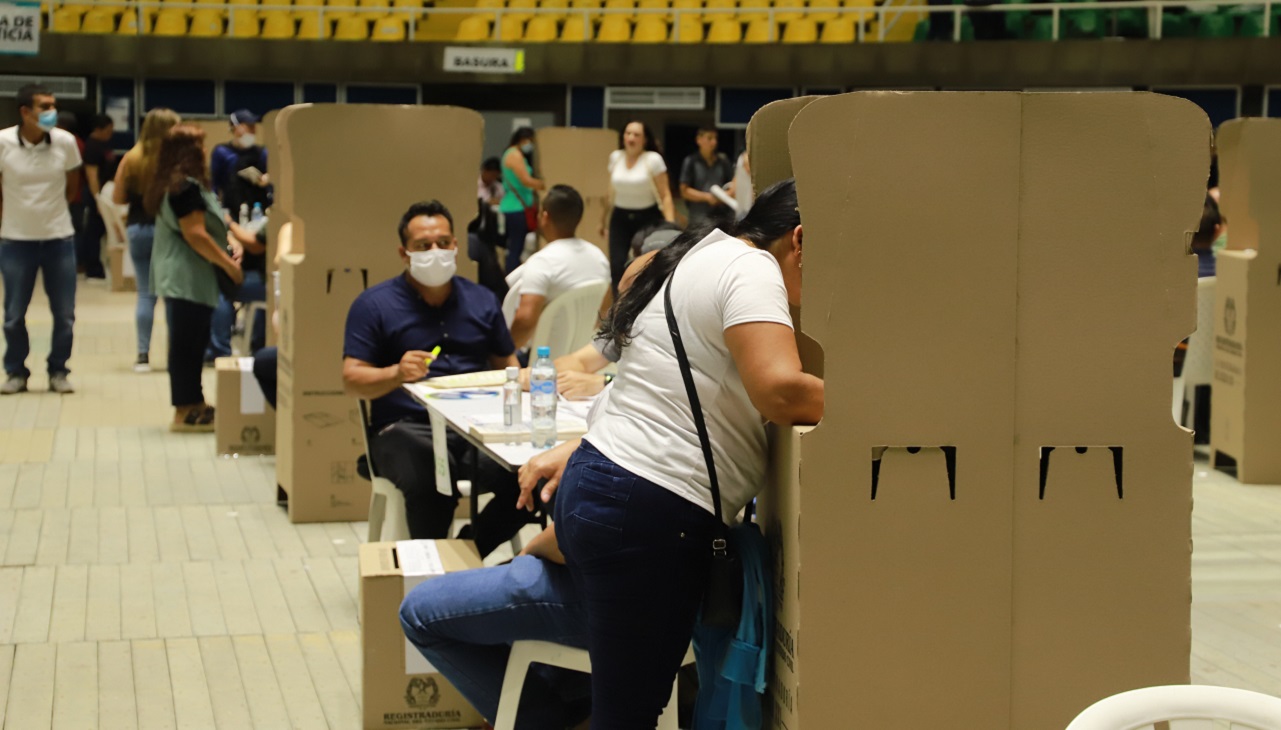
What to expect in Colombia's presidential elections
At the end of the day it will be known whether a center-left coalition economist or a right-wing populist engineer is Colombia's new president.
Colombia's elections are being held amid serious doubts about the transparency of voting. Both campaigns vying for the country's top office have assigned witnesses to the polling stations as a guarantee that numbers will not be altered.
Most polls showed a technical tie between Gustavo Petro and Rodolfo Hernández, who made it to the second round after achieving the two highest votes on May 29.
While Petro was mayor of Bogotá and is one of Colombia's most prominent senators, Hernández was mayor of Bucaramanga and is a successful contractor.
On Petro's side, 62, center and left parties and movements have converged around the Historic Pact and committed to a government program that seeks to lift 22 million Colombians, 45% of the population, out of poverty.
He obtained the highest vote in the first round (8,542,020 votes), but it was not enough to obtain more than 50% and win the Presidency. Polls indicate that his greatest support is among young people.
On the other hand, Hernández, a 77-year-old multimillionaire, began his campaign several months ago in the name of an independent movement that emphasizes the fight against corruption and has maintained that discourse.
He was the surprise of the first round, defeating the candidate, Federico Gutierrez. He obtained almost 6 million votes, something unthinkable for even the most optimistic analysts. He has been characterized by his foul language and avoided participating in debates. Despite his constant criticism of the political class, he has received the support of the political parties and movements that support President Iván Duque. According to polls, Hernández has the highest support among the population over 45 years old.
RELATED CONTENT
His campaign has focused on social media and some analysts have described him as the "Colombian Trump." When the results of the first round were known, on the night of May 29, while Petro and Gutiérrez were speaking from convention centers in Bogotá, Hernández spoke from the kitchen of his house in Bucaramanga. He has already announced that he will do the same today.
If Petro wins the presidency, it will be historic because Colombia has never had a leftist head of state. On March 13, in the congressional elections, the Historic Pact achieved the highest vote, also unusual in Colombian politics.
There will be major uncertainty if Hernández wins because he has two open cases against him for corruption from when he was mayor of Bucaramanga and will have to go to trial in July. This would mean that he would not be able to hold office under Colombian law. He would be replaced by his vice-presidential running mate, Marelen Castillo, a former rector of a private university with no experience in government affairs.
Hernández's situation had a new development on Friday with the letter sent by a group of Democratic congressmen to President Joe Biden asking him to investigate the possible irregularities of Hernández over the purchase of some houses in Florida at the time of a corruption incident he will go to trial for in July. They warn that "these facts [the trials in Colombia], at the very least, raise serious doubts about Hernández's commitment to the fight against corruption." They add that "the court case involving Rodolfo Hernández has the potential to be another example of using U.S. jurisdictions for tax evasion purposes or to hide funds of illicit origin."
Hernández has the backing of Uribismo and the Centro Democrático, the ruling party and right-wing group created and led by former President Álvaro Uribe Vélez. He also has the backing of former presidents Andrés Pastrana and César Gaviria, former secretary general of the Organization of American States (OAS).
In Petro's case, former president Ernesto Samper is on his side, as well as several former ministers of the government of Juan Manuel Santos (2010-2018), Nobel Peace Prize winner, who has not publicly expressed his support for the leader of the Historic Pact. Petro is accompanied by Francia Márquez, Afro-Colombian social leader and victim of violence, as the vice presidential candidate.
In the 1980s, Petro was a member of the M-19 guerrilla, a non-Marxist left-wing armed organization that in 1990 signed a peace agreement and laid down its arms. As part of that negotiation, a Constituent Assembly was convened which in 1991 reformed the Constitution. However, this past has been the main argument used by opponents to attack his candidacy.


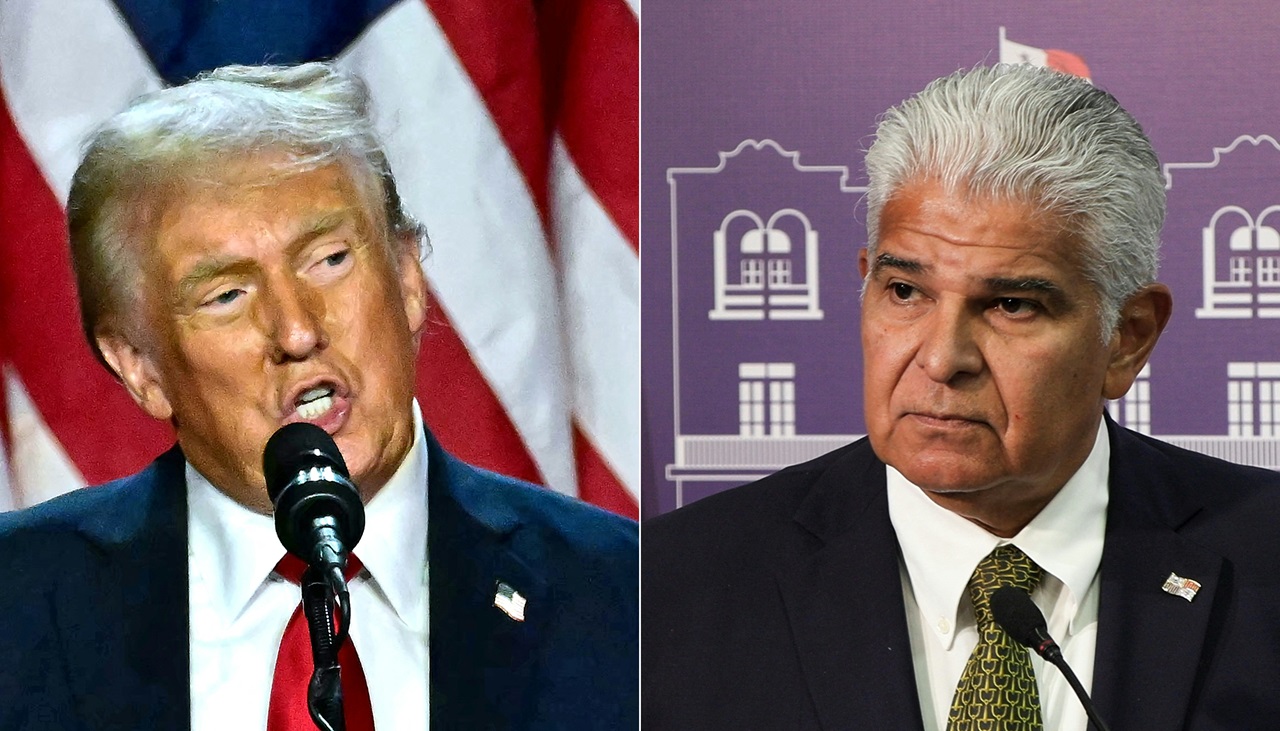
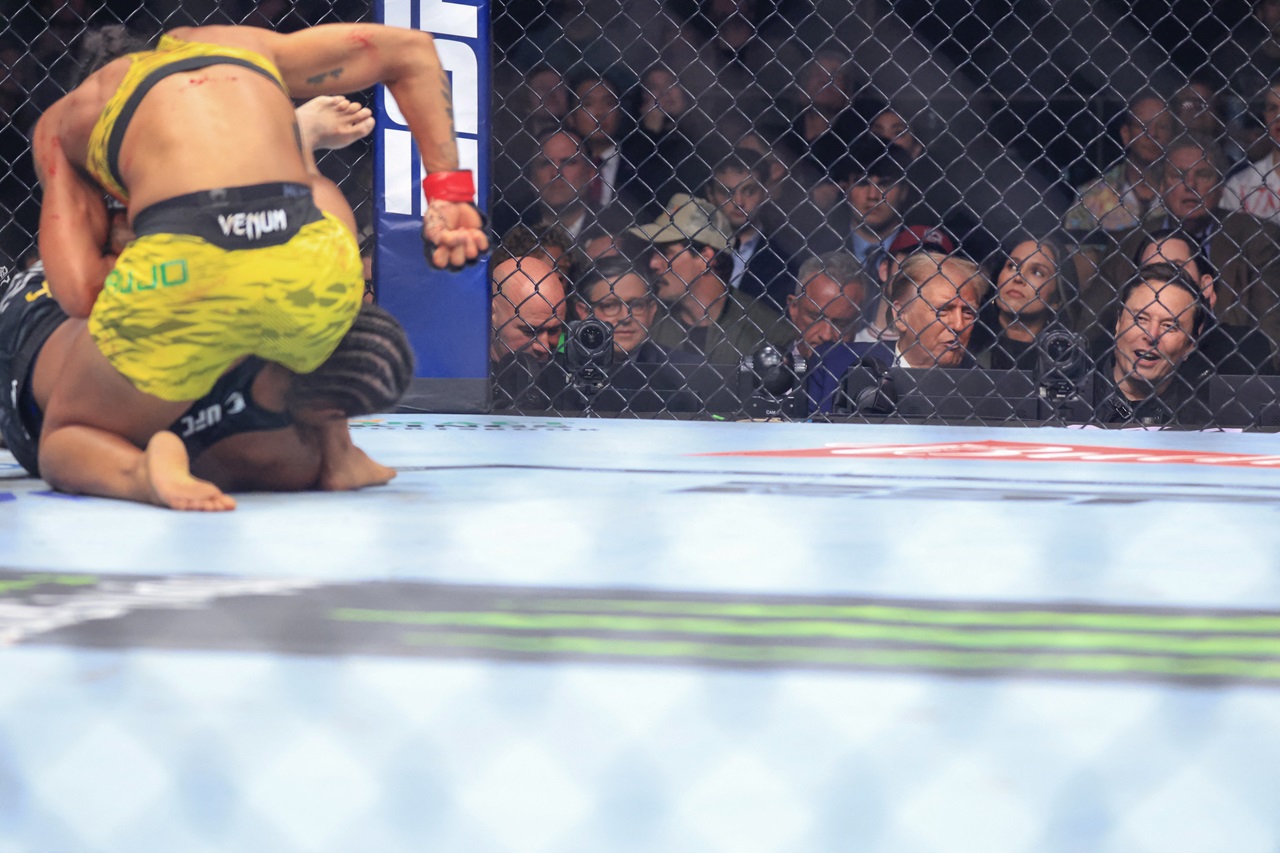



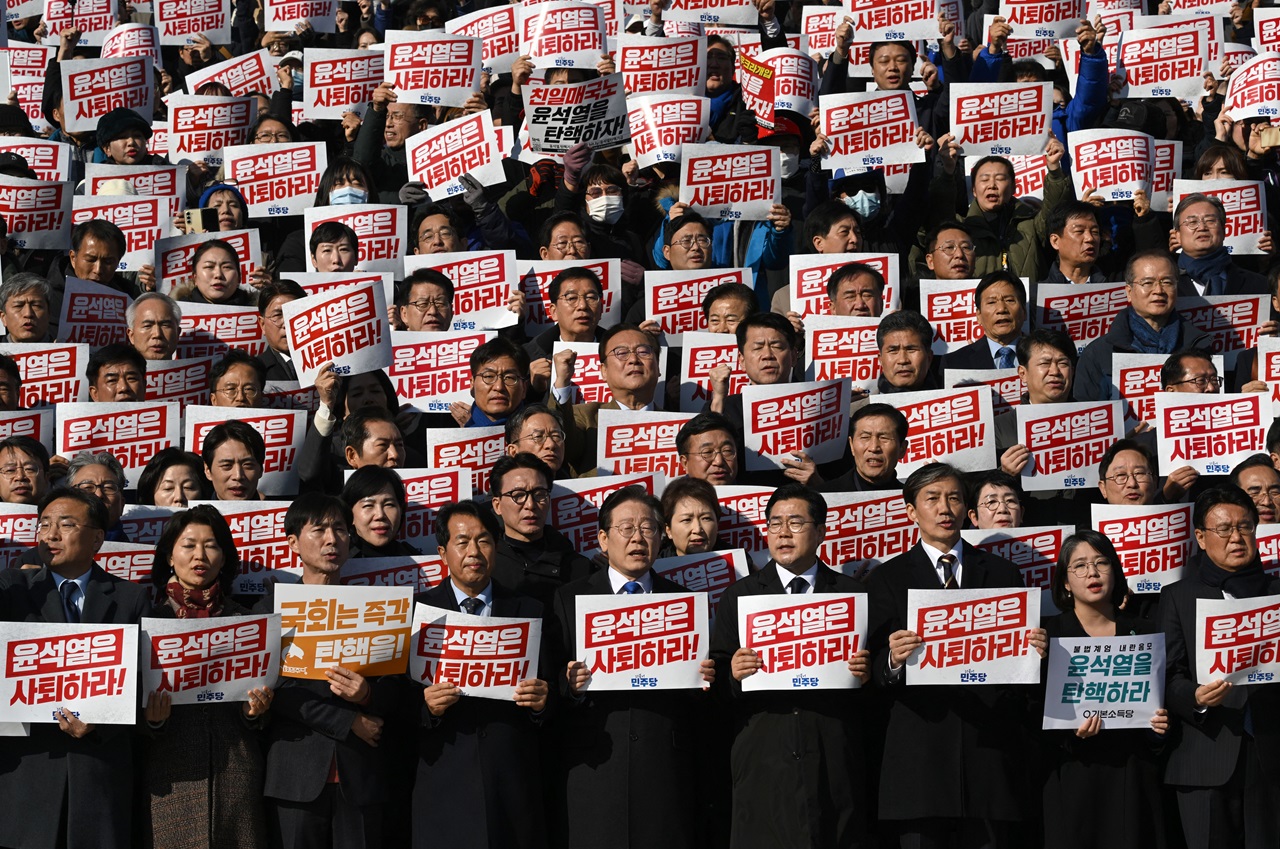
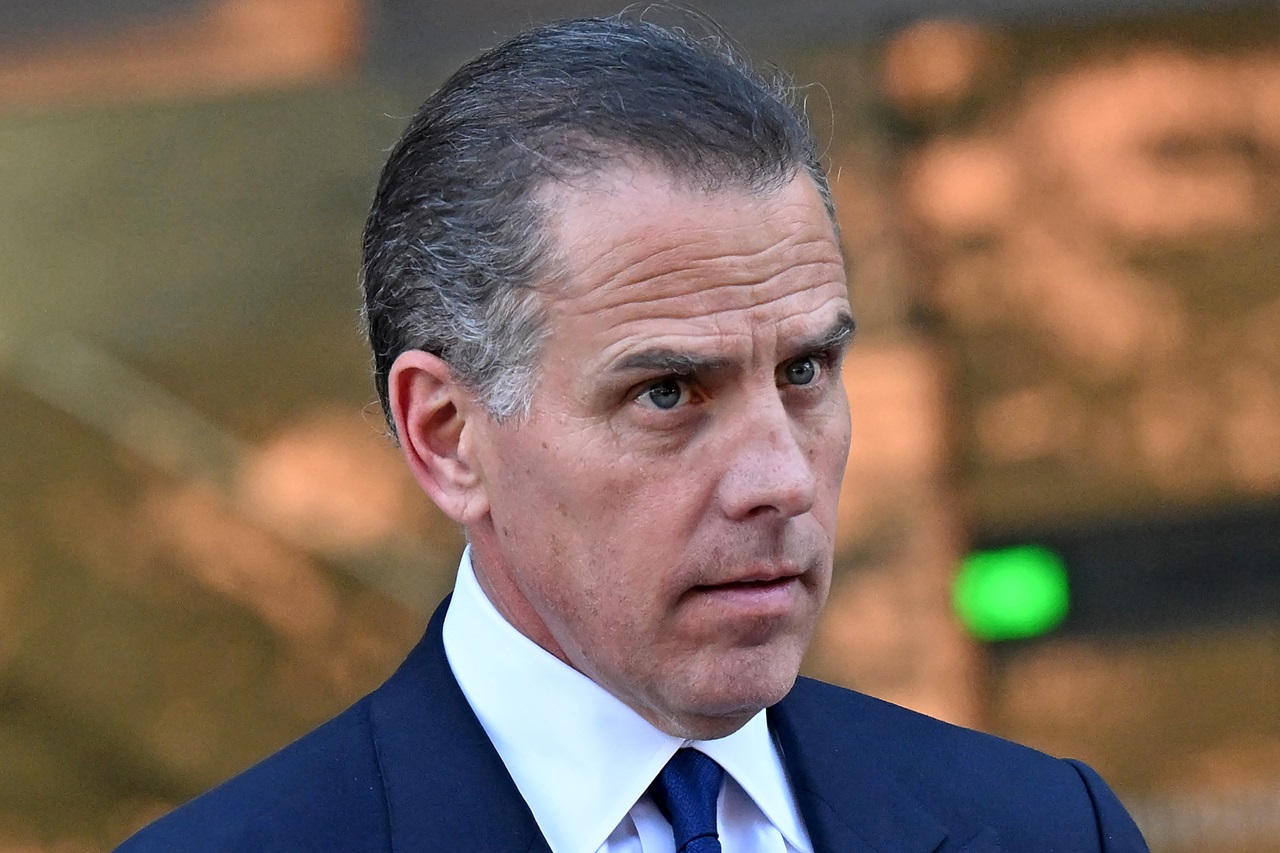
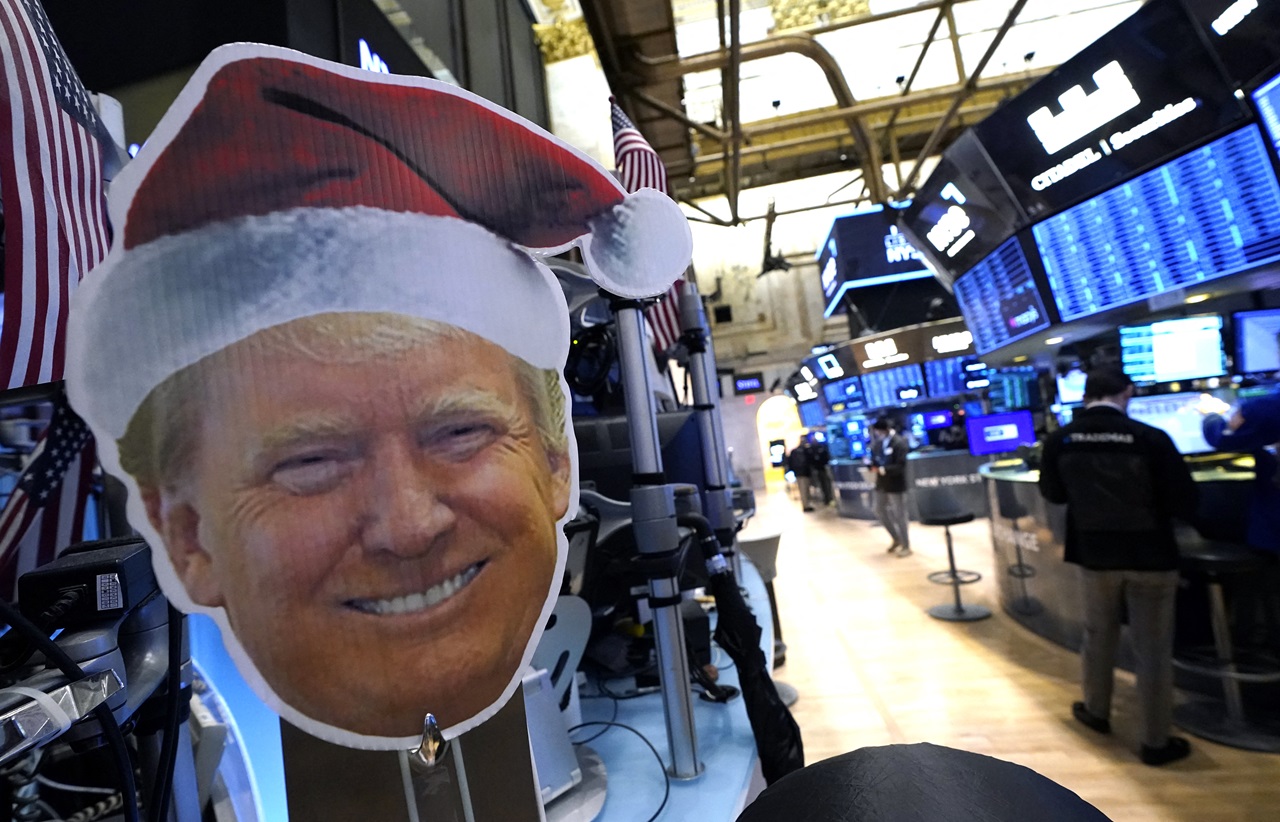
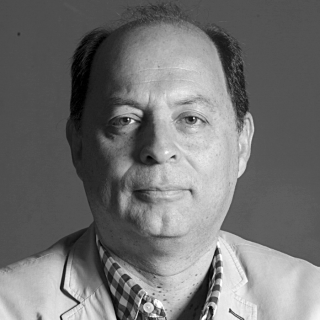
LEAVE A COMMENT:
Join the discussion! Leave a comment.